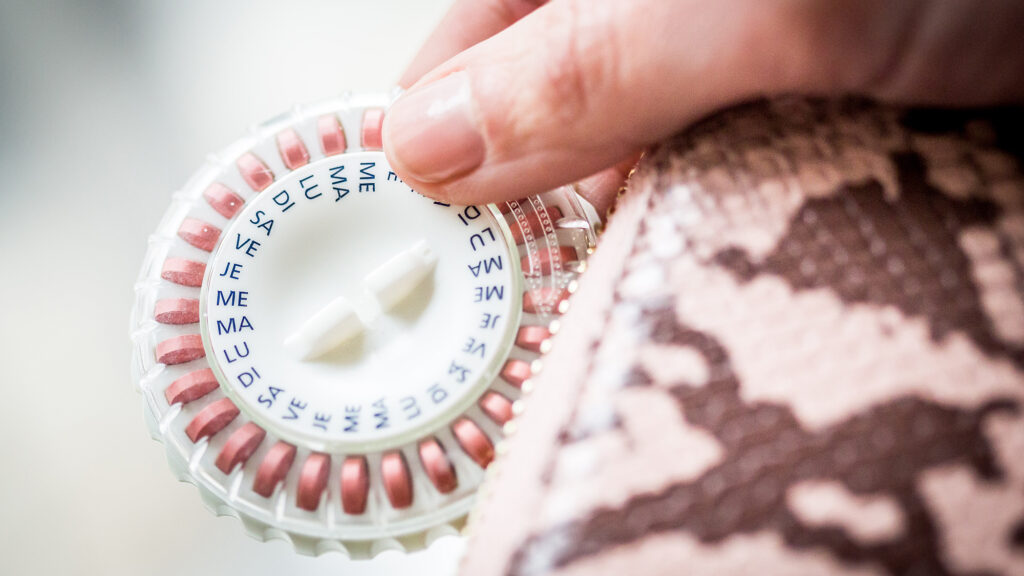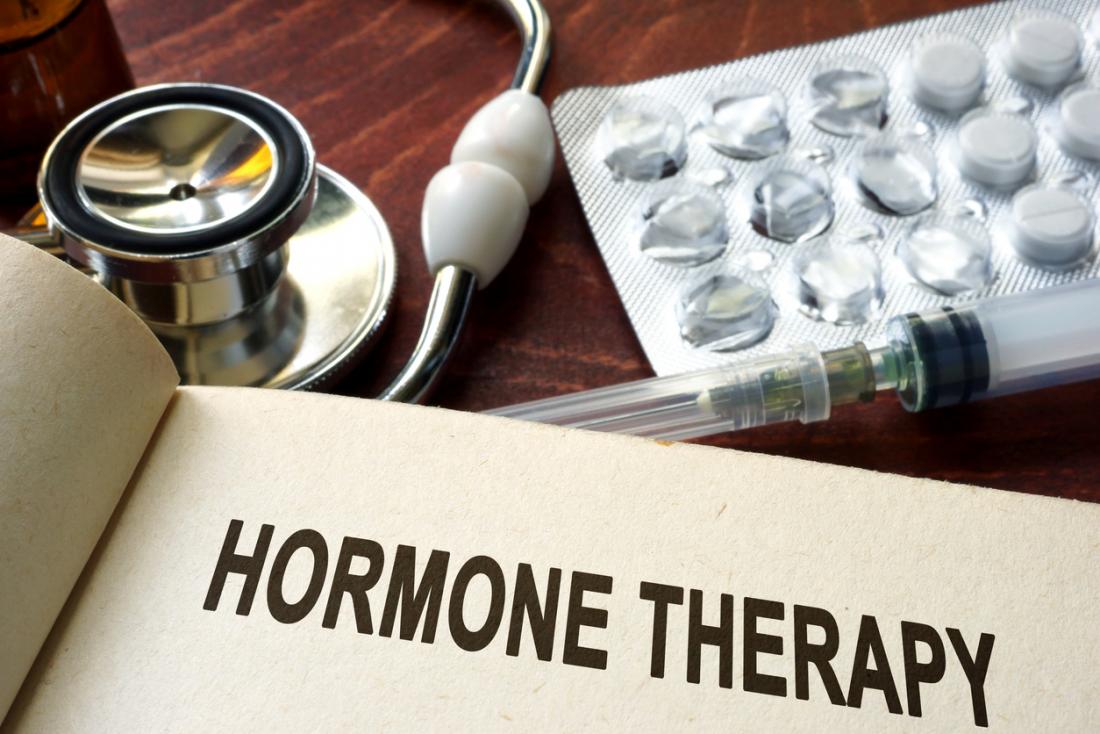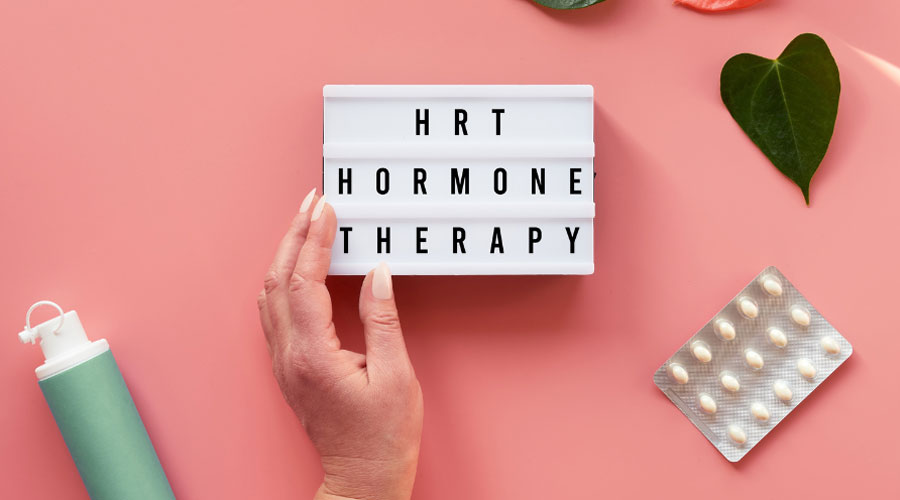
Hormones regulate almost all the functions in the human body. They are essential for ensuring healthy growth and development, and they also regulate our mood and sleep cycles.
As women grow older, hormones that are essential for controlling weight, such as estrogen and testosterone, decrease. So it becomes increasingly difficult to get rid of excess weight and body fat — especially abdominal fat.
All hormones are important — and a hormonal imbalance can cause many health problems, including decreased bone mass, insulin resistance, high blood pressure, and weight gain.
Estrogen is one of the main hormones that regulate weight, but there are many others that also play an important role when it comes to weight loss.
Although testosterone is generally thought of as a male hormone, women also produce it.
It is essential for preventing fat storage in the abdomen. Low testosterone is associated with sugar cravings and insulin resistance.
Falling estrogen levels can result in weight gain as estrogen is responsible for regulating glucose and controlling where fat is stored.
Decreased estrogen can cause increased belly fat even if you don’t have weight gain elsewhere.
If your insulin levels are high, your body is unable to burn fat. And instead, it stores it in the body.
So when your insulin level increases due to insulin resistance — which can arise because of low estrogen levels — weight gain occurs.
While progesterone doesn’t directly impact weight gain, when there is an imbalance of estrogen and progesterone, the body may retain more fluid — this can result in a bloated appearance.
Together with adrenaline and noradrenaline, cortisol is the main hormone that controls the body’s response to stress.
It is essential for survival, but it also increases your appetite — especially cravings for sweet, salty, or greasy foods.
Hormone replacement therapy—also called menopausal hormone therapy or estrogen replacement therapy—is a treatment that relieves the symptoms of menopause.
The two main hormones used in HRT are estrogen and progesterone.
Both hormones are typically administered during therapy, but estrogen-only therapy may be prescribed for those who’ve had a hysterectomy (womb or uterus removal).
Testosterone may also be prescribed in HRT as it aids fat loss, improves sex drive, and increases muscle mass.
When menopause begins, the body produces less estrogen and progesterone, which causes several bodily changes — weight gain is often one.
To reduce some of the effects of menopause, you can ask your doctor about starting hormone therapy. Hormones used in HRT may be synthetic or bioidentical hormones.
There are many forms of HRT, and they all have their own advantages and disadvantages. Your doctor will talk you through the different options before you start treatment.


It may take a couple of weeks before you start to feel the effects of hormone replacement therapy.
Your Healthcare Provider may recommend a 3-month trial with HRT, and your dosage may be adjusted based on your body’s response.
© All Rights Reserved to Gr8Body Sculpting & Beyond 2024. Powered by The Logo House!